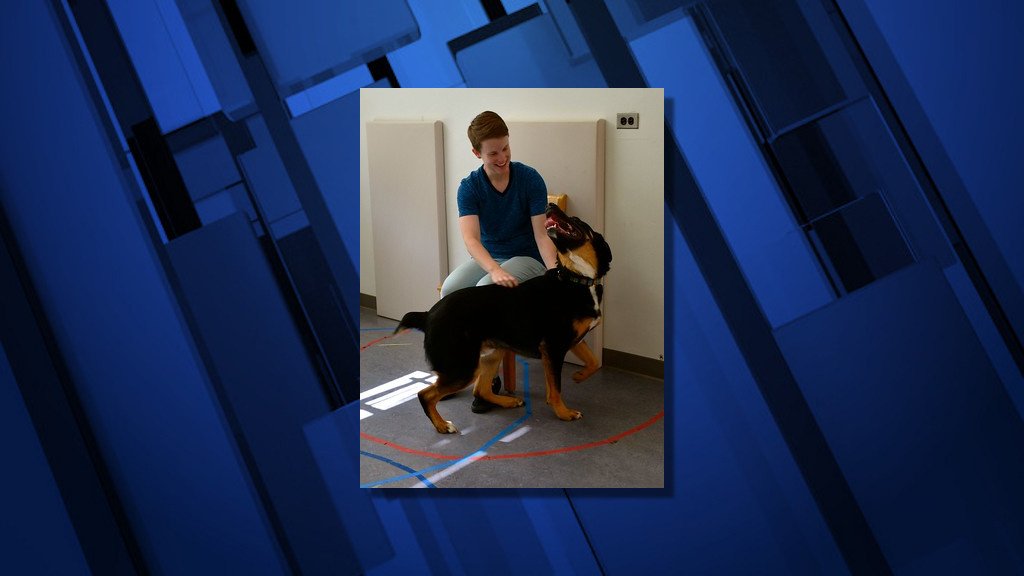Dog parenting style influences their behavior, OSU study finds

CORVALLIS, Ore. (KTVZ) – Dogs with owners who have high expectations and are highly responsive to their dog’s behavior and needs are more social, more secure when away from their owners and more persistent problem-solvers, an Oregon State University study found.
“We found that pet parenting style does predict patterns of dog behavior and cognition,” said Monique Udell, an associate professor at Oregon State and an expert on dog behavior. “This an important finding because it suggests that dog owners who take the time to understand and meet their dog’s needs are more likely to end up with secure, resilient dogs.”
The behavior and cognition of dogs have drawn increasing scientific interest during the past several decades, with a lot of research focused on how dog behavior is influenced by the home environment and prior experiences of the dog.
Now, researchers are beginning to study the bond owners have with their dogs and how this influences dog behavior. Many pet care companies have picked up on this bond and are now marketing their products to “pet parents” instead of pet owners.
In many ways, research on human-dog relationships parallels human psychology research, said Lauren Brubaker, a co-author of the paper who earned her doctorate in 2019 while working in Udell’s lab.
Parenting behavior is considered an important factor in a child’s development and has been found to influence many things, including mental health, intellectual success, social cognition, attachment and job performance, said Brubaker, who now works as a behavioral scientist.
The researchers’ study, recently published in the journal Animal Cognition, is one of the first to look at how the quality of a human-dog relationship may influence a dog’s performance on behavioral and cognitive tests.
For the study, Udell and Brubaker recruited 48 dog owners and gave them a pet parenting style survey. Using the survey data, dog owners were divided into three categories, which are similar to those used in human parenting research: authoritative (high expectations, high responsiveness), authoritarian (high expectations, low responsiveness) and permissive (low expectations, low responsiveness.)
The dogs were then brought to Udell’s Human-Animal Interaction Lab, where they participated in three behavioral tests.
The first test evaluated the dogs’ attachment to their owner. First, the owner and the dog were situated in the same room, with the owner interacting with the dog when it came close. Then the owner left the room and finally returned, reuniting with the dog.
The second tested sociability by having the owner and an unfamiliar person in the room with the dog and studying the interactions.
The third test involved the dog attempting to get a treat from a puzzle with different levels of help from the owner.
The researchers’ findings included:
- Dogs with authoritative owners were the most likely to have secure attachment styles, were highly responsive to social cues, showed a proximity-seeking preference towards their owner compared to an unfamiliar person and were more independently persistent in the puzzle task. Finally, only dogs in this group successfully solved the puzzle task.
- Dogs with authoritarian owners were more likely to be insecurely attached to their primary caretaker when compared to dogs in the authoritative group. These dogs also spent more time seeking the proximity of their owner compared to the unfamiliar person in the sociability test.
- Dogs with permissive owners followed the social cues of the unfamiliar person but not their owner. The dogs spent comparable time in proximity with their owner regardless of whether their owner was attentive or not. These dogs were also less persistent at the solvable task in the human-neutral condition.
“This research shows that the pet dog-human caretaker bond may be functionally and emotionally similar to the bond between a human parent and their child,” Brubaker said.



